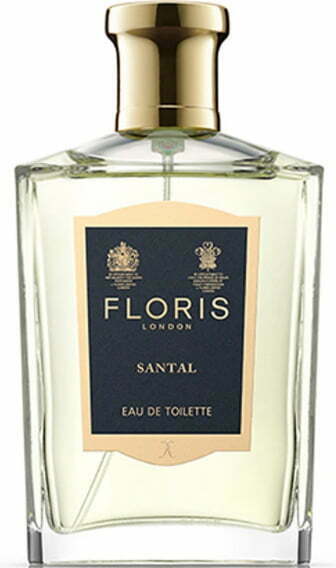ANNA OXA

Anna Hoxha (born 28 April 1961), known professionally as Anna Oxa , is an Italian singer, actress, and television presenter. Oxa has received mainstream popularity and recognition within Italy due to her numerous participations in the Sanremo Music Festival.
Beginning her career as a teenager, Oxa debuted in the Sanremo Music Festival 1978 with the song “Un’emozione da poco”, placing second in the competition. Following her success in Sanremo, she released her debut studio album Oxanna (1978) that year, which became her first chart-topping album in Italy. After numerous participations in Sanremo during the 1980s, Oxa competed again in the Sanremo Music Festival 1989, performing “Ti lascerò” as a duet with Fausto Leali. The duo won the competition, and thus were chosen as the Italian representatives in the Eurovision Song Contest 1989 in Lausanne, competing with the song “Avrei voluto”; they placed ninth in the finals. Oxa went on to win Sanremo once more, winning the 1999 edition as a soloist with the song “Senza pietà”. In total, Oxa has competed in Sanremo fifteen times across six decades (a record shared with Al Bano, Milva, Peppino di Capri and Toto Cutugno), and additionally hosted the competition in 1994.
In her 45-year long career, Oxa has released seventeen studio albums, of which two of them have charted at number-one on the FIMI Albums Chart. Aside from singing, Oxa cohosted Fantastico for two years, was a judge on Amici di Maria De Filippi, and competed in the Italian version of Dancing with the Stars. As an actress, she has appeared in Stryx (1978) and the film Maschio, femmina, fiore, frutto (1979).
Oxa was born on 28 April 1961 in Bari to an Albanian father originally from Krujë, Qazim Hoxha, and an Italian mother from Bari, Elena Piccininno. She was raised in the San Pasquale neighborhood of Bari, and attended school at the liceo artistico Giuseppe De Nittis. Since her youth, Oxa has been vegan. Since 2020, Hoxha has held dual Italian and Albanian citizenship.
Oxa began her career at the Sanremo Music Festival 1978, performing the song “Un’emozione da poco”, written by Ivano Fossati, who also sponsored her performance. Sporting an androgynous punk look, Oxa achieved great success in the competition, reaching second place behind only Matia Bazar.[4] After the show, “Un’emozione da poco” was released as a single by record label RCA Italiana, and became Oxa’s first number-one single in Italy. Following the success of “Un’emozione da poco”, Oxa released her debut studio album Oxanna (1978). The album also became a chart-topping success in Italy. The second single off of Oxanna, “Fatelo con me”, also written by Fossati, was selected to compete in the 1978 edition of Festivalbar and became a top twenty hit in Italy.
Oxa later began to collaborate with Italian singers Lucio Dalla and Rino Gaetano. With them, she released the single “Il pagliaccio azzurro” in 1979, an Italian language cover of the song “Till it Shines” by American musician Bob Seger. The single was used as the lead single for Oxa’s self-titled second studio album, released the same year. The album peaked within the top ten in Italy, and also included an Italian cover of the song “Because the Night” by Patti Smith. To promote the album, Oxa ventured into acting and appeared as the lead in the musical film Maschio, femmina, fiore, frutto (1979). In 1980, Oxa released the single “Controllo totale”, an Italian cover of the song “Total Control” by The Motels; the single became a top forty hit in Italy, and served as the lead single for her debut extended play of the same name.
After declining sales and a lack of promotion from her label, Oxa cut ties with RCA Italiana and signed a contract with CBS Records International in 1981. She returned to Sanremo the following year, competing in the Sanremo Music Festival 1982 with the song “Io no”. Oxa’s participation saw a great stylistic change in her image; she no longer sported her androgynous punk look that she had become known for, and instead grew her hair long and dyed it blonde, adopting a sexier appearance that went on to define her career for the following decades. “Io no” placed as a finalist in the competition, and went on to become a top forty hit. Despite this, CBS International did not believe it performed well enough to warrant an entire album. The following year, Oxa released the single “Navigando” to serve as the lead single to her third studio album, titled Per sognare, per cantare, per ballare (1983). Oxa continued to take part in Sanremo several times during the 1980s, competing in 1984, 1985, 1986, and 1988, placing within the top seven each time. Her 1986 entry, “È tutto un attimo”, went on to become a massive success in Italy; while only placing fifth in Sanremo, it became her second chart-topping hit in her home country, and served as the lead single to her album È tutto un attimo (1986), which peaked at number-three.













